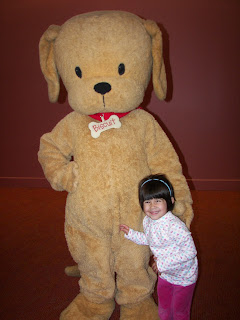"For last year's words belong to last year's language
And next year's words await another voice.
And to make an end is to make a beginning."
--T.S. Eliot, Little Gidding
The new year beckons with fresh pages like a new journal. What words will we write? From this vantage point we don't know yet, but isn't it exciting to think of the possibilities?
There are three words for sure that I'm going to start with. In fact, I'm going to write them down on the year's first page, day one, and until they're internalized, use them as constant reminders from January to December. They are:
RELAX. Writing is a gift, not a competition. Time is a gift, not a race. Relish the two, and enjoy the process. Rushing through it all only adds stress and angst.
WRITE. There's nothing new here, although it often seems like we need the reminder. Get words down. In whatever form, every day if possible. Journaling, freewriting, descriptions, prompts, new stuff, revised stuff, fun stuff, serious stuff. Doesn't matter. Doesn't even matter if it's not intended for publication. Just write--practice--and keep the process going. Eventually that which is meant for publication will be published. But you have to write it first.
CREATE. Imagine. Visualize. Stir the pot of creativity and see what comes of it. Seek--and seize--new opportunities and see where they take you. Translate them into words, and keep the process energized. Will I follow my own advice? Well, there's the Photo-a-Day project at Kodak (here and here) that I'm considering doing--taking a photo a day for 365 days, designed to "jump start" creativity. Hmmm, where would that take me? Then there's the possibility (oooh, I'm really saying it, Keith!) of a trip to Spain ahead of us in the new year. Will I jump on that? We'll see. Still, no matter what, be open, receptive, curious--and create.
Relax. Write. Create. Those are my three words. I think they'll serve me well. Looking back over the past year, I see a number of postive things. Queries on my MG novel are out, final rewrites completed, a bilingual picture book (in collaboration with my daughter) on submission, targets set/many met, research, character sketches, a writer's conference attended as well as a literature conference and book fair. A moderate mix of wordplay, writing prompts, right-side of the brain exercises, to-be-read pile chipped away at. Watching the (grand)children grow, and playing right alongside them. If I take my three chosen words to heart in 2012, there's no telling what I'll be able to report this time next year! It's a goal worth working toward, you think?
How about you? What words will spur you on in 2012?
*photo courtesy of sxc.hu
___________________________

































